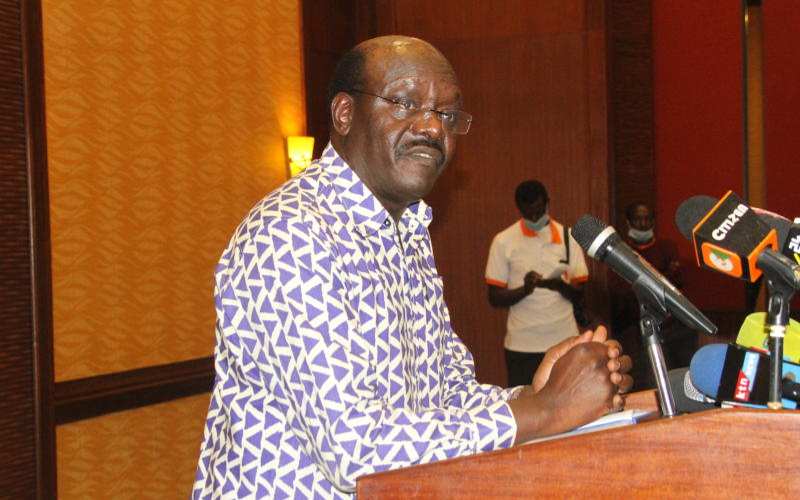×
The Standard e-Paper
Smart Minds Choose Us

Dr Mukhisa Kituyi [David Njaaga, Standard]
Dr Mukhisa Kituyi’s entry into next year’s presidential race is a good development. Whatever it achieves, or even fails to achieve, it should raise the bar of political conversation. So far, the discourse has remained pathetically low. It is dominated by irrational self-focus among top contenders. They give the country little to look forward to, in the post-election season.